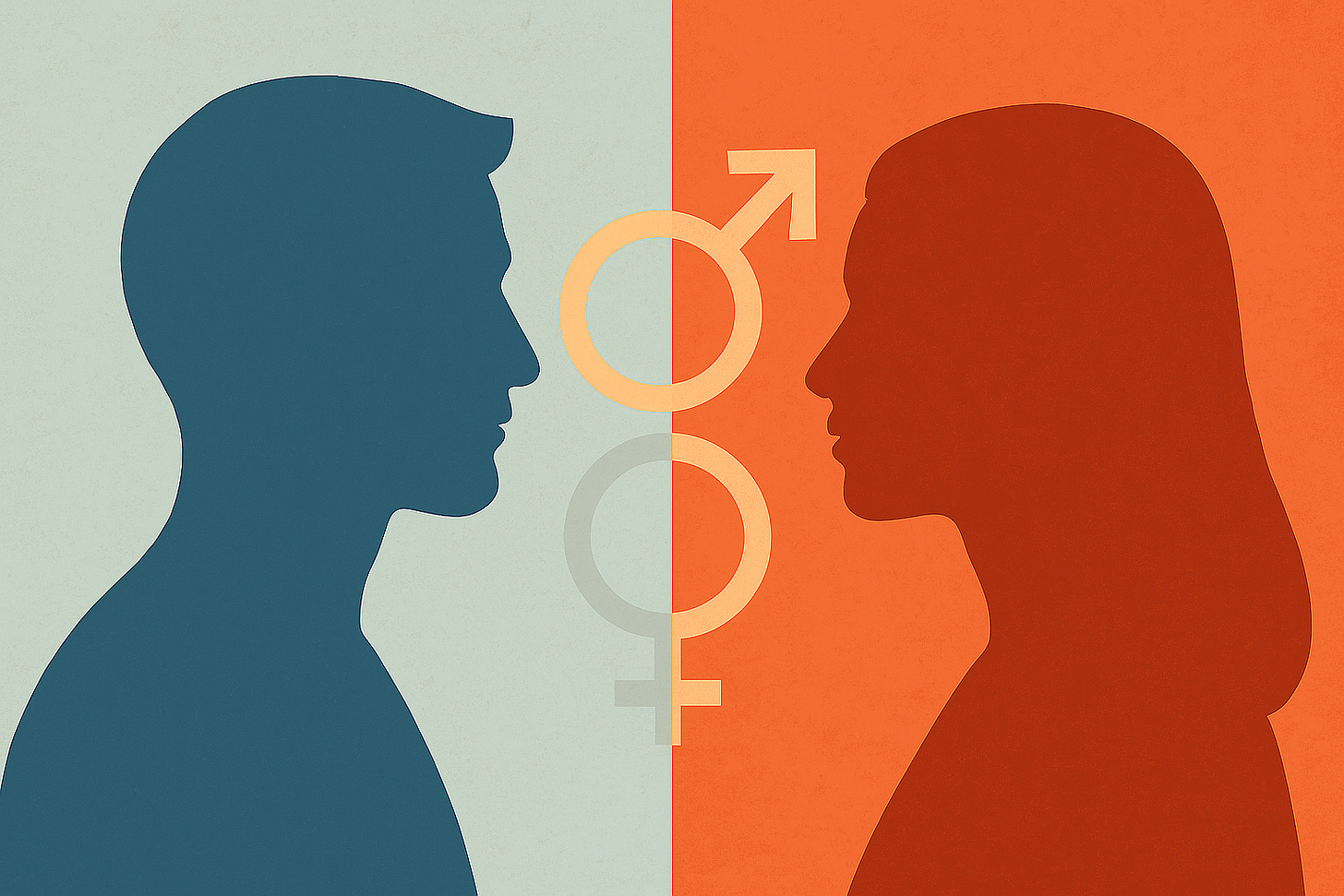Everything You Wanted to Know About Sex Differences but Were Too PC to Ask
The first excerpt from my forthcoming book, A Billion Years of Sex Differences
In Case You Missed It…
The Problem of Free Will, Part 3: Does Free-Will Denial Undermine Morality?
12 Things Everyone Should Know About the Dark Triad Personality Traits
This is the first excerpt from my forthcoming book, A Billion Years of Sex Differences. You can access the full collection here, and preorder the book here.
In this installment:
The most common sex differences in our species - or what I call the “standard-issue sex differences”
Why many sex stereotypes are surprisingly accurate
Why the nature-nurture question is actually two questions, not just one
Why humans are very different from peacocks, deer, and other familiar icons of sexual selection
Why, when it comes to mating and childrearing, humans are more like the average bird than the average mammal
Let’s get started!
Opening a Can of Worms
In 1998, I fell in love. Awkwardly, I was on my honeymoon at the time. You see, I’d fallen in love in 1997 as well, with the woman who was now my wife. We’d married the week before, and were now travelling around New Zealand, my home country, seeing the sights. But we also had some spare time, and I spent a lot of it reading a book I’d picked up on a whim: The Moral Animal by Robert Wright.
People often talk about how a book changed their life, and sometimes they just mean “I really liked it.” But The Moral Animal really did change my life. It was my introduction to the field of evolutionary psychology, and reading it set the course of the rest of my career. It was the ideas contained between the covers of this book that I fell in love with on my honeymoon.
More precisely, it was the evolutionary explanation for sex differences. From the moment I grasped this simple but powerful idea, I found it hugely intellectually satisfying. I got the same feeling I did as a kid when I first understood how the phases of the moon work: Everything just clicked into place. But the click was even more satisfying this time, because the a-ha moment was about something we all encounter in everyday life, and which matters a lot to most people: differences between men and women.
So, I fell in love: with sex differences, with the logic of the evolutionary explanation for sex differences, and with the sense that evolutionary psychologists had made genuine progress in explaining a central feature of human life. As everyone knows, though, the course of love is never smooth, and over the following years and decades, my relationship status with evolutionary psychology switched to “it’s complicated.” There are various reasons for this.


